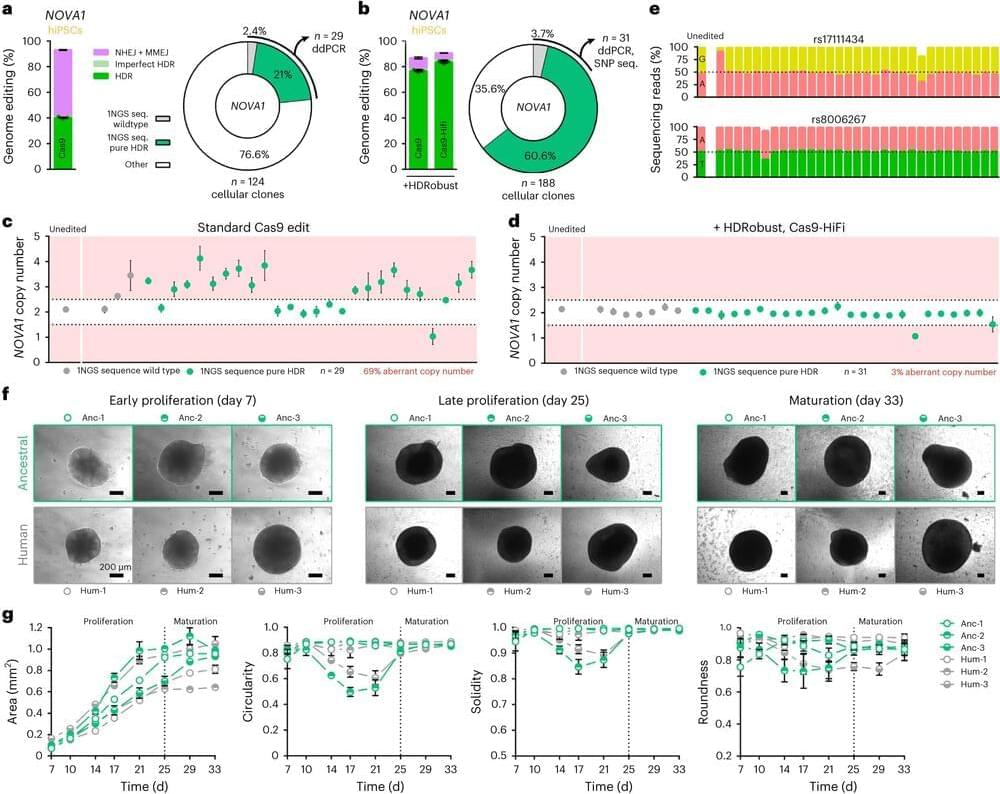In a new study published in Nature Methods, researchers at the Max Planck Institute for Evolutionary Anthropology in Leipzig, Germany, describe improvements in the methods with which mutations can be introduced in human and other genomes—making these methods much more efficient and less error prone.
In the field of genome editing, scientists often need to change one letter—corresponding to one of the DNA bases Adenine, Guanine, Cytosine or Thymine—to another letter at one specific position in the genome. To do this, they use reagents that cut both strands of the DNA close to the position they want to change.
They then provide the cell with DNA molecules that contain the desired new letter in the hope that the cell’s repair systems will use these molecules to introduce the desired mutation when the DNA break is repaired. Since different repair systems in the cells compete with each other and only one of these systems is able to introduce the desired new mutation, applications of genome editing of single letters have so far been limited by low efficiency and unintended byproducts.
